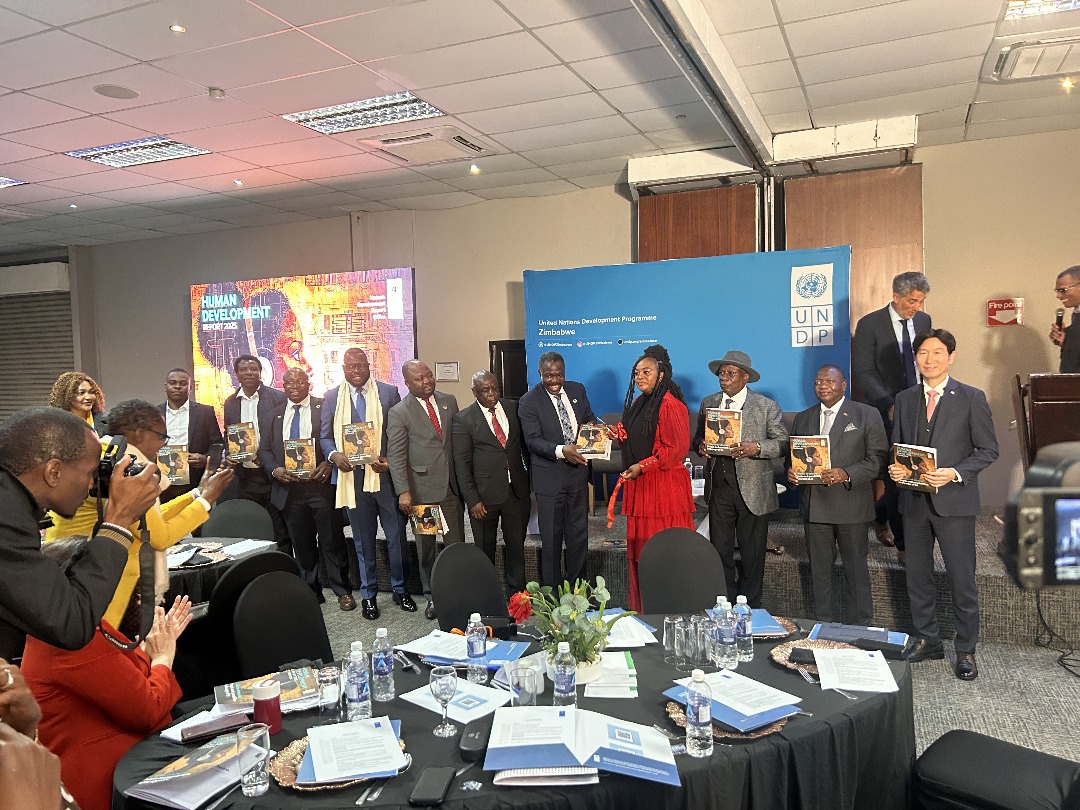On 1 January 2025, Chicken Hut launched a Content Creator Academy. You’ll understand why a restaurant would do that as you read on.
This initiative is designed to boost the country’s creator economy, a sector Chicken Hut believes has untapped potential.
In an interesting move, the fast-food chain advertised cashier positions requiring applicants to have a minimum of 1,000 social media followers—certainly an unprecedented requirement in Zimbabwe.

The move sparked mixed reactions nationwide, as you would expect. We figured the best way to get to the bottom of this requirement was to hear from Chicken Hut themselves.
Chicken Hut’s digital marketing history
Chicken Hut has incorporated digital marketing into its operations in Zimbabwe. Arguably, more so than most players in their industry.
In 2017, the company operated a single store and relied on traditional marketing methods, which proved to be expensive and not that effective.
According to the company, recognising the limitations of these methods, the then-CEO, Mr. Navraj, made a strategic shift by collaborating with prominent influencer Pokello.
This partnership marked the beginning of a digital transformation that has since seen Chicken Hut innovate in digital-focused marketing.
Over the years, the brand has collaborated with several influential creators, including:
- Madam Boss, through live meal giveaways.
- Theo, winner of their TikTok competition and now a prominent content creator.
- The late Moana, a loyal customer and collaborator.
- Mudiwa Hood, who famously drove to a Chicken Hut store after a live session with the brand.
- African Finder, during a campaign at their Halsteds pop-up store.
- Michelle Nativelle, among other influencers.
“Digital marketing is underestimated in Zimbabwe, yet it’s one of the most cost-effective ways to reach audiences,” said Celia Mhlanga, Chicken Hut’s spokesperson.
2025: A Year of Digital Transformation
Chicken Hut has declared 2025 its “Year of Digital Transformation.” As part of this initiative, the company is not just focusing on marketing but actively fostering the growth of the local creator economy.
The Content Creator Academy aims to empower local creators by equipping them with the tools and knowledge to succeed in the digital economy.
If you’re interested in joining the academy you simply send a DM to Chicken Hut on any social media platform. However, you need to have 1000 to 20000 followers to apply.
Additionally, Chicken Hut is launching a podcast, “Insights on Zimbabwe,” to share valuable insights and foster conversations around digital transformation.
“Many people think McDonald’s is just a global burger chain, but its success lies in real estate. Similarly, we’re not just a Portuguese chicken restaurant—we are a digital marketing company and the most followed chicken brand across social media platforms in Zimbabwe ,” Mhlanga explained.
Tapping into a Billion-Dollar Industry
The creator economy is a $500 million industry in South Africa, and Chicken Hut believes Zimbabwe could develop a $50 million+ creator economy with the right focus.
Global initiatives like Afreximbank’s Canex, backed by a $2 billion fund for Africa’s creative industries and gastronomy, further support this vision.
By investing in digital marketing and content creation, Chicken Hut wants to set an example for other Zimbabwean brands.
This shift signals a new era for marketing, where creators and digital platforms play a central role in brand growth and customer engagement.
Chicken Hut’s efforts are exactly what the economy needs. We need innovation in unlocking the potential of the creator economy.













Comments
8 responses
Have they done a research on the schemes people are using to get massive amounts of followers
Some “famous” persons have number of followers disproportionate to the popularity, in instances they are accused of buying follows. With this problem of fake followers or people just following to do someone a favor, how does this company separate wheat from the chaff?
Results
I
Hi .how are you.please I am asking you to help me for a favor to view the results of my daughter carla musiyiwa
¡Excelente artículo! Si estás buscando más información sobre códigos promocionales de Duolingo, te recomiendo visitar askanydifference, donde encontrarás detalles actualizados y útiles para aprovechar al máximo tus promociones. ¡No te lo pierdas!
May i kindly have Zim Developers whatsapp group link.
I would rather look at audience composition and engagement quality before engaging an “Influencer”
The second question i have is – do we have individuals who can actually influence consumer behaviour??